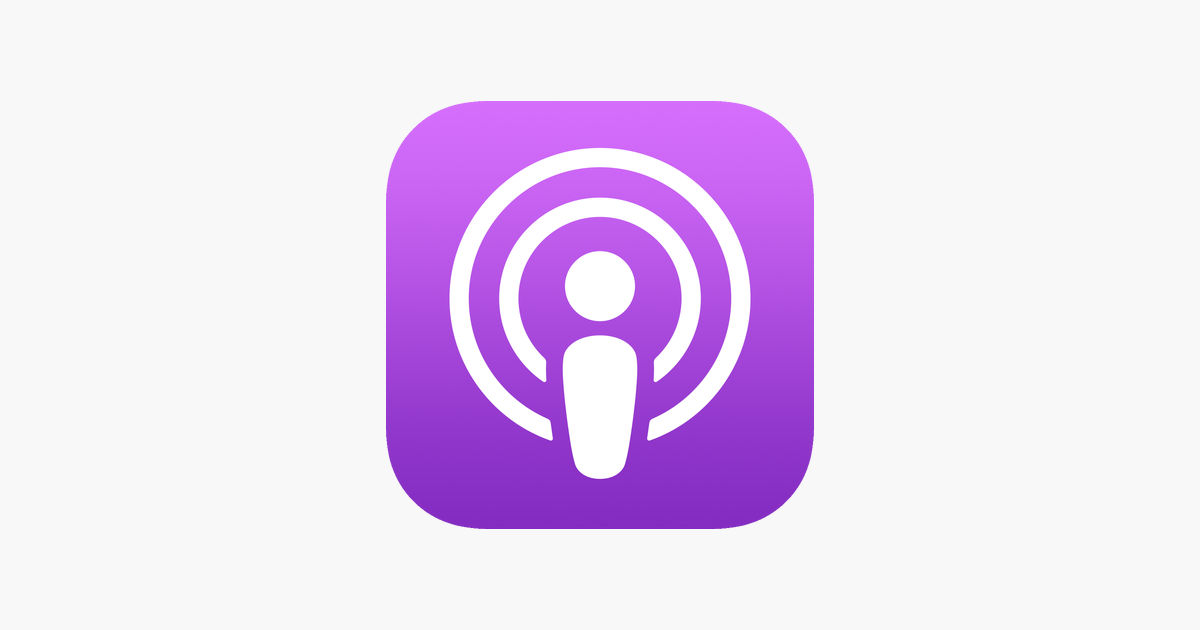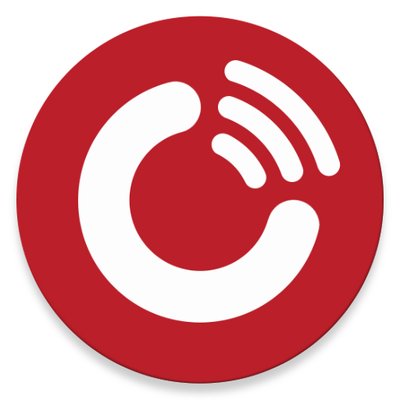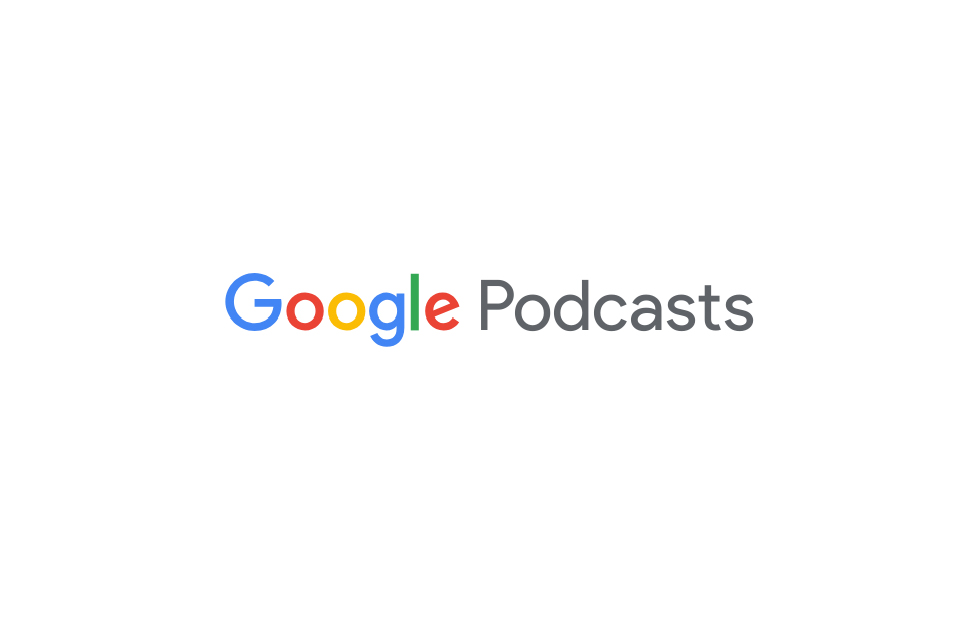The NFL Draft takes place next week and as always, the quarterbacks are dominating the discussion leading up to it. Teams and media members have been scouting, interviewing, and debating this year’s QB draft class to determine who they believe will be the best and what pick they’ll be selected.
The four quarterbacks who are ranked the highest and expected to be drafted early are Alabama’s Bryce Young, C.J. Stroud from Ohio State, Kentucky’s Will Levis, and Anthony Richardson of Florida.
Each of these players showed off their talent while in college and demonstrated their skills during pro days or the combine leading up to the draft. They each put up impressive numbers during college, won some big games, and have highlight reels of remarkable plays.
Despite their success, potential, and physical abilities, each one of them also has multiple flaws and weaknesses in their game.
Bryce Young won the Heisman Trophy and many expect him to go first overall to the Panthers, but his biggest flaw is his lack of size. Many believe he’s too small and slight to hold up in the NFL.
C.J. Stroud has the size, but people are questioning his ability to handle the pressure of the defense and respond well when plays break down.
Many consider Anthony Richardson the most exciting QB prospect with the highest ceiling, but his weaknesses are concerning. He’s not as polished of a QB yet and has struggled with passing accuracy and consistency.
Meanwhile, Will Levis has the physical qualities many NFL teams are looking for, but he’s prone to throw too many interceptions. He threw 23 interceptions during the last two seasons in college.
None of these quarterbacks are perfect, so how do teams view their weaknesses and flaws? What is a player’s perspective on his shortcomings? Will a player overcome his weaknesses if drafted by the right team?
You and I can’t relate to the speed and athleticism of these quarterbacks, but we do know what it’s like to have our own flaws and weaknesses. So, how do we view our shortcomings? What is our perspective of being flawed? How does God view our weaknesses?
The apostle Paul shows us how best to respond to our weaknesses. He was given a thorn in his flesh to keep him humble and he begged the Lord to take it away, but God tells him in 2 Corinthians 12:9-10 (AMP), “…’My grace is sufficient for you [My lovingkindness and My mercy are more than enough—always available—regardless of the situation]; for [My] power is being perfected [and is completed and shows itself most effectively] in [your] weakness.’
“Therefore, I (Paul) will all the more gladly boast in my weaknesses, so that the power of Christ [may completely enfold me and] may dwell in me. So I am well pleased with weaknesses, with insults, with distresses, with persecutions, and with difficulties, for the sake of Christ; for when I am weak [in human strength], then I am strong [truly able, truly powerful, truly drawing from God’s strength].”
The Living Bible translates it this way: “Each time He said, ‘No. But I am with you; that is all you need. My power shows up best in weak people.’
Now I am glad to boast about how weak I am; I am glad to be a living demonstration of Christ’s power, instead of showing off my own power and abilities. Since I know it is all for Christ’s good, I am quite happy about ‘the thorn,’ and about insults and hardships, persecutions and difficulties; for when I am weak, then I am strong—the less I have, the more I depend on him.”
Today, let’s acknowledge our weaknesses, our flaws, and our shortcomings as we humbly turn to God for His strength and power. Let’s allow His glory to shine through us as we rely fully on Him.
I’m Bryce Johnson and you can UNPACK that!
PRAYER: Heavenly Father, I admit I am flawed and weak and in need of Your strength and power. I know I fall short, but thank you for allowing me to rely on You for both my salvation and my need to endure and overcome my weaknesses and hardships. I am grateful to be made strong in You. In Jesus’ name, I pray, Amen.
2. How do your flaws and shortcomings point you to your need for Him?






